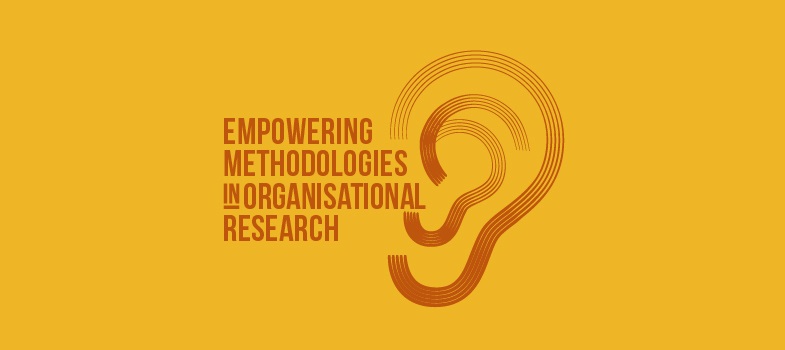1 Introduction to empowering methods in organisational research
Introduction
Empowering methodologies in organisational research will explore how management and organisation studies can be revitalised by developing more empowering ways of doing research. The concept of empowerment enables consideration of the power relations between researchers and research participants, as well as powerful cultures and institutions within which they are embedded. Empowering methodologies are understood as an ‘ethical stance in qualitative research’, where the purpose is to ‘create an empowering space in which research participants share power with researchers’ (Davis, 2012: 261). This includes creating specific ‘moments of empowerment’ in the course of interactions between researchers and participants, when traditional power imbalances are disrupted, as well as by systematically developing methodologies that seek to challenge established inequalities (Ross, 2017).
Empowering research involves researchers seeking to equalise ‘the inherent power differential in their relationship with research participants by paying attention to issues of voice, interpretation, interactions, dialogue, and reflexivity’ (Davis, 2012: 261). The logo for this course is based on the image of a human ear. This is intended to draw attention to the importance of

